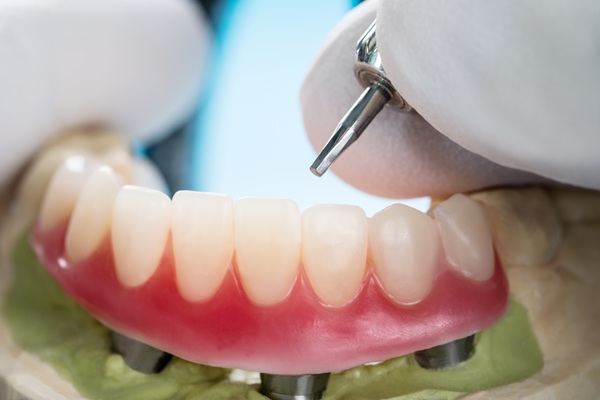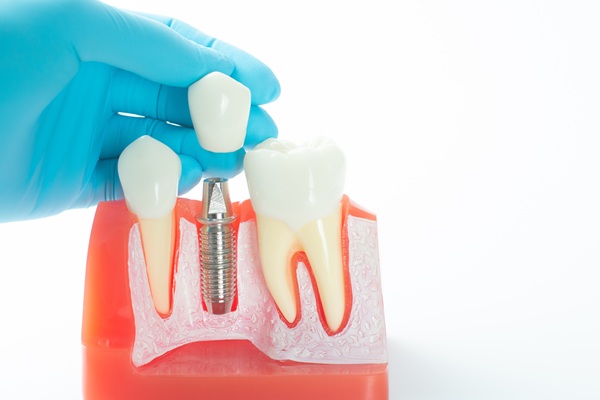Common Dental Oral Surgery Procedures

Below we will outline some of the most common oral surgery procedures, and the benefits they can have for fixing some oral health issues.
Wisdom teeth removal
Wisdom teeth, also known as third molars, often need to be extracted because in most cases, the jaw does not have enough room for them. If they do not erupt properly, they may cause inflammation, infection, and dislocation of other teeth.
Impacted teeth extraction
Sometimes a tooth may fail to grow out of the gum as expected and may cause dental issues such as diseased tissue, infections, teeth crowding. This issue can be solved with tooth removal. The dentist, or sometimes, the orthodontist will examine the mouth and suggest oral surgery if misaligned or crowded teeth needs removal to ensure proper mouth function.
Better denture fitting
It could be hard for dentures to sit comfortably if the jaw is irregular and unable to support the dentures. To ensure a more comfortable fit, an oral surgeon can correct the abnormalities with bone grafts.
Dental implants
Dental implants function as alternatives to tooth roots in the jawbone. The substitute roots, made from titanium, hold up the artificial teeth. Dental implants are used when one or more teeth are missing and can support dental crowns, partial, or full dentures.
Cleft lip and cleft palate
Cleft palate is a congenital disability caused by poor development of the nasal cavity and mouth. This creates a gap between the roof of the lip, mouth, or both. Oral surgery is necessary to correct the clefts.
Uneven jaw growth
If the upper or lower jaw fails to develop correctly, it could cause uneasiness with talking, eating, breathing, or ingestion. In severe cases, oral surgery can correct the jaw to enhance its structure and function.
Biopsies
If suspicious lesions form in your mouth, a biopsy may be required to check for oral cancer. The process entails cutting a small amount of tissue and analyzing it in the lab.
Facial infections
An infection in the neck, jaw, or on the face may demand the expertise of the oral surgeon to treat the affected area and remove the teeth responsible for the infection and other affected tooth.
Facial reconstruction
Oral surgery may be necessary to fix facial bones broken due to injury and to prevent the injury from causing further damages or infection.
Snoring and sleep apnea
If traditional treatments for snoring and sleep apnea have been infective, surgery may be the final resort to fix this problem.
Here is what you should know
Pre-procedure
Before the surgery, the surgeon will give you the defined treatment course. They will also tell you about the available anesthesia options and allow you to ask whatever questions you may have concerning the surgery. Most surgeries are performed under sedation to make sure the patient feels no pain during the procedure.
Post-procedure
Like every other surgical operation, there is a recovery period. If anesthesia is used for the process, the patient will not be fit to drive home afterward. The surgeon may prescribe painkillers to deal with recovery pain and give you guidelines to follow after the surgery.
Request a dental appointment here: https://corderoperiodontics.com or call Rafael E. Cordero, DDS PA at (561) 763-9221 for an appointment in our Palm Beach Gardens dental office.
Recent Posts
Undergoing oral surgery can feel overwhelming, but proper post-operative care is crucial to ensure a smooth recovery. Whether you have had wisdom teeth removed, dental implants placed, or another procedure, following the right recovery steps can help minimize discomfort and prevent complications.First and foremost, the oral surgeon will provide detailed post-operative care instructions specific to…
If you have an oral surgery procedure coming up, read on to learn more about the process and recovery. The extraction of a tooth requires oral surgery and it typically comes with a 10-day recovery period. The key to a quick recovery from a tooth extraction is keeping the blood clot that develops in its…
Corrective jaw surgery is not something very many people are familiar with. This surgery can help with a number of issues that could be impacting a person’s health or appearance. Understanding the critical facts related to this corrective procedure is important for patients who are having challenges caused by the shape, position or health of…
When one or more of the teeth are missing, the oral surgeon will recommend the best option to replace them. The alternative to bridges, partial or full dentures are dental implants, which replace the root of the lost tooth and support a dental prosthesis. They are the closest option to natural teeth available. Continue reading…


